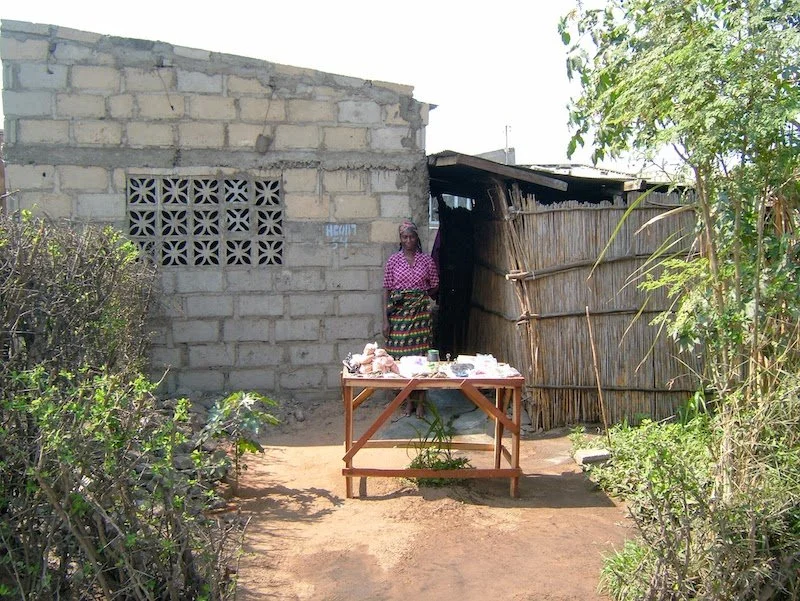
We work in the city of Maputo in southern Mozambique
Maputo is a large and ever growing conurbation where the majority of residents face a daily fight with poverty. Some quick statistics:
-
Population 1.1 million
Compared to London UK - 9.1 million
-
Life expectancy 62.6yrs
Compared to London UK - 80.9yrs
-
Infant mortality rate 47
Compared to London UK - rate 3.4

More than one third of children have lost parents
-
The statistics stated on this webpage give an indication of the scale of vulnerability for children living in Maputo. As a way of comparison, Maputo statistics are compared to the city of London UK, the purpose being to simply reveal the scale of difference between two parts of the world.
The infant mortality rate is given as the number of infant deaths under five years old per 1,000 live births.
SOURCES USED: Statistics on the city of Maputo are taken from: Demographic Indicators 22 July 2020 (Maputo population - page 9 / Maputo life expectancy - page 38 / Maputo infant mortality rate - page 38 / Maputo orphan rate - number of people who lost one or both parents page 12 / Maputo secondary school enrolment - number of enroled students page 22). Statistics regarding the city of London are taken from: London Population, London Life Expectancy, London Infant Mortality
For info on the country of Mozambique, a good starting place is to have a look at the UNICEF Mozambique profile and UNICEF The Situation of the children in Mozambique. Also note that Mozambique has the 9th lowest ranking in the world for the Human Development Index according to the World Population Review.

In Maputo, many families rely on their children to bring in an income
Maputo: Are Many Children at Risk?
The simple answer is yes. The exact magnitude is difficult to calculate, but we know that there are many thousands of children who are at risk of severe neglect and abandonment. The Tutela team have investigated a number of situations of extreme vulnerability and there are relief agencies working in Maputo who have similar stories. Further, the data from social demographic reports indicate serious levels of vulnerability in the city such as a high number of homes where the eldest member is under 15yrs old.
Childcare Organisations
There are roughly 25 organisations that look after children in Maputo, caring for around 1000 children in total. Given that there are many thousands of children at risk, the available support to Maputo families is simply not enough. Most care providers offer an institutional setting whereby children are cared for in larger numbers. Tutela’s approach is quite different and unique in this context because we make sure that children are placed in family settings, rather than a large compound. By following this different approach, we believe it prepares children for a much better future.
Adoption
A small number of children do go through the legal process for adoption into Mozambican families. In 2018, there were 12 children who were adopted in Maputo. Part of the challenge is to find families who are willing to go through the adoption process, which takes time and effort. Traditionally, many Mozambican children have received kinship care from aunties, uncles and grandparents, which is a common way for families to share the load of raising children. The process of adoption does not often get considered when children become abandoned.
Identifying Vulnerable Children
Tutela works alongside the local Social Welfare department and other relief organisations to identify children who may need long-term family-based care. The process of identifying such children takes time because of the limited resources available to reach the most vulnerable. During our investigations, we have encountered some extremely tragic cases of child neglect and in the majority of these cases, the child has a disability of some sort. Until now, Tutela has not been able to place children with disabilities in our foster families, but this is an area we are very keen to address.
Maputo: Can beauty and poverty co-exist?






















